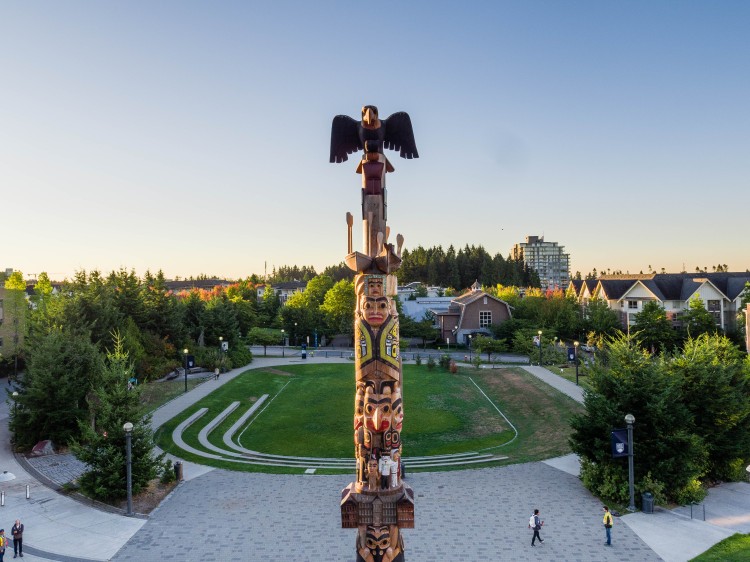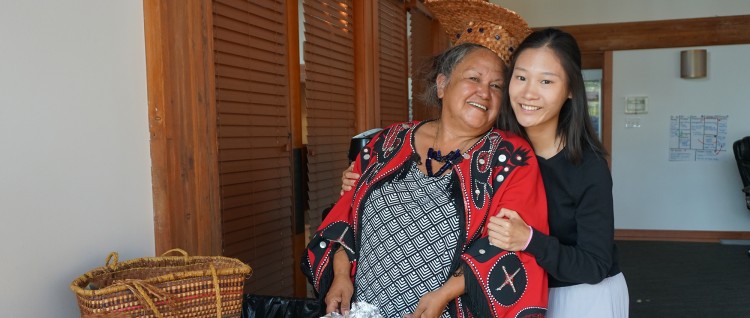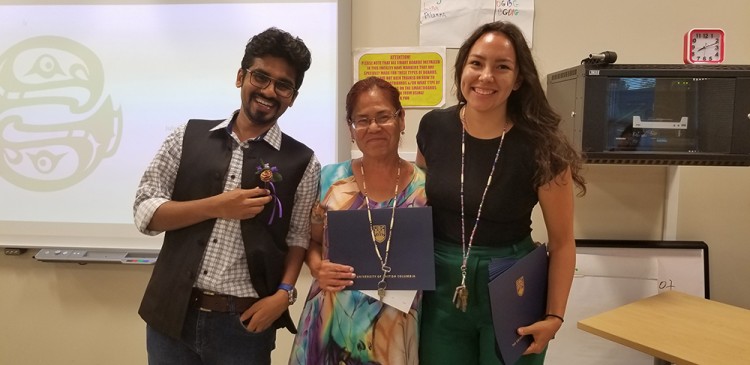Ch’nook’s Accelerated Business Program (ABP) is a summer program that provides in-community teaching of business topics to Indigenous community/organization learners. The program is delivered in partnership* with Indigenous communities and organizations and is offered in three locations each summer throughout BC. ABP currently offers two curriculums that can be easily tailored to reflect the needs of learners in each community or organization. Community partners can tailor their delivery by providing input into course materials, delivery format & timeframe, and learning outcomes to ensure success.
Current course offerings include:
- ABP Community Entrepreneurship Course
- ABP Community Project Management Course
Ch’nook is able to offer ABP free-of-charge through the gracious support of donors and granting agencies. ABP courses are taught by UBC Sauder business students (both undergraduate and MBA students). The curriculums taught in the program have been developed and refined by both Sauder professors and Ch’nook staff. Lectures and activities have been designed to thoroughly cover a large breadth of business concepts in a comparatively short timeframe – usually over 10 to 12 classes. Delivery can be tailored to be either in-person, online, go-at-your-own-pace within an extended timeframe or through a blended in-person and online format.
*Community Partner Selection: BC First Nations communities and BC Indigenous organizations are eligible to host an ABP in partnership with Ch’nook. Community partners must provide in-kind contributions to ensure success of the delivery. These could include: dedicated staff time to organize and manage delivery and recruitment; appointment of a community champion that works directly with Ch’nook on ABP delivery; classroom space; cultural orientation for instructors; meals for community participants while in class; in-community accommodation for instructors, etc.
The ABP runs on a collaborative funding model, which allows Ch’nook to partner with communities with a wide variety of financial capacities and needs. In past program deliveries, communities have partnered by providing in-kind contributions such as space, catering, and staff time and as well as through direct financial contributions. We never want financial constraints to be a barrier to ABP partnerships.



